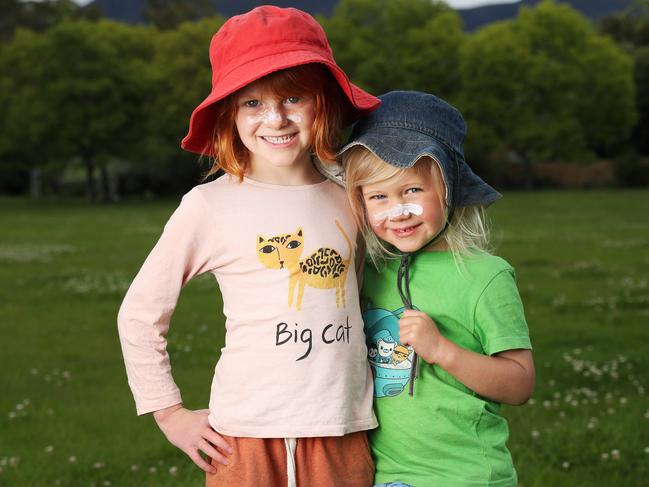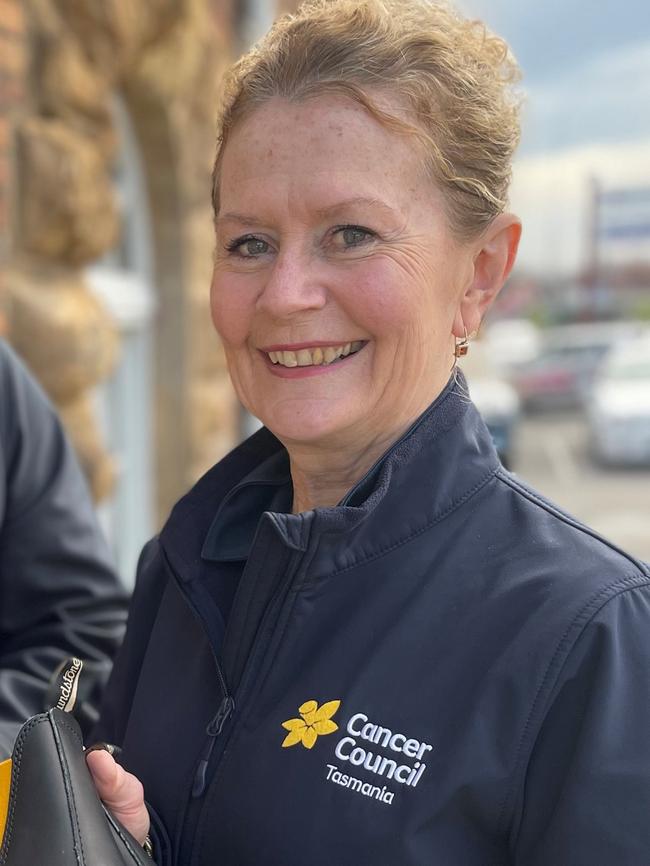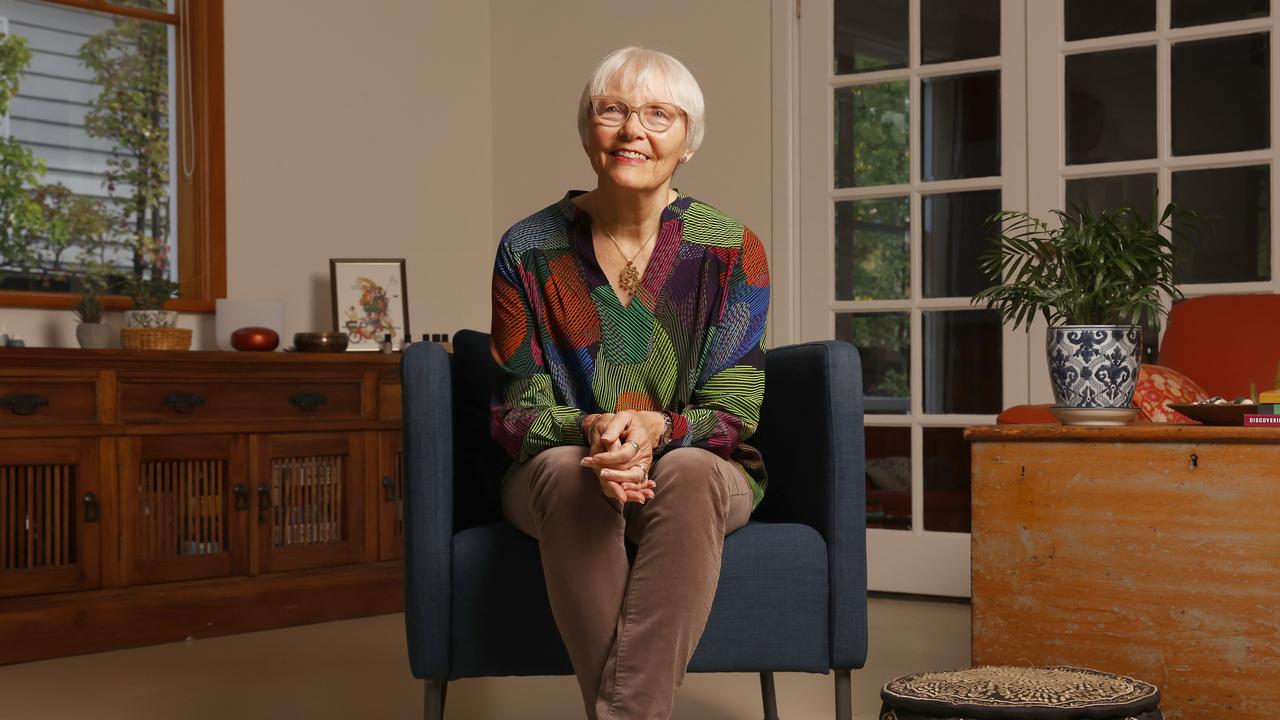Cancer rates falling as sun smart message sinks in
A shock number of Tasmanians will develop a skin cancer in their lifetime, but there are “encouraging signs” showing the rate is falling, according to new data from the Menzies Centre.

Lifestyle
Don't miss out on the headlines from Lifestyle. Followed categories will be added to My News.
NEW data shows the sun smart message is getting through, but there are still one in three Tasmanians who will be diagnosed with skin cancer by the age of 75.
The data from the University of Tasmania’s Menzies Institute for Medical Research and a study led by PhD student Bruna Silva Ragaini looked at non-melanoma skin cancers (NMSC), including basal and squamous cell carcinomas in Tasmania since 1978.
It shows about 10,000 Tasmanians are diagnosed with an NMSC every year, with men more likely to develop these cancers than women and the average age for a first diagnosis being 71.
The incidence rates increased steeply in Tasmania through the 1980s and 1990s, but began to level off and decline since 2014.
Director of the Menzies Institute, Distinguished Professor Alison Venn, said the data was “particularly significant” as Tasmania was the only Australian jurisdiction that collected information on NMSCs, and this was the first paper to be published with the Tasmanian data since the 1990s.
“We’ve known these NMSCs are very common, but up until now we weren’t able to say whether trends were improving in Tasmania,” she said.
“While there are encouraging signs, we still see one in three Tasmanians diagnosed with this type of skin cancer by age 75.”

Tasmanian chair of the Royal Australian College of General Practitioners and skin cancer general practitioner, Dr Tim Jackson, said while NMSCs were rarely fatal, it was important they were detected early to avoid invasive treatments and scarring.
He said the data seemed to show that the sun smart message was now working.
“We encourage high-risk individuals over 40 years of age to come and talk to us and be examined for these skin cancers,” Dr Jackson said.
“Quite often early detection and management can lead to far better cosmetic outcomes with less scarring and discomfort.”

Cancer Council Tasmania chief executive Penny Egan said the slip, slop, slap, seek and slide campaign was important to avoid skin cancers.
“Currently, 94 per cent of all Tasmanian primary schools, 99 per cent of child care centres and around 50 per cent of secondary schools are SunSmart accredited,” she said.
“It’s important we instil sun smart behaviours at an early age to avoid skin cancers in later years.”
Jessica Wilson, a Hobart mother of three boys aged 9, 7 and 4, said she gets her skin checked regularly and it was important that her boys were sun smart.
“In a warming climate, being sun smart is even more important now than when I was a kid,” she said.
“Being sun smart is about being responsible for your long-term health.
“In the absence of government action on climate change, it’s even more important as a parent to teach our children about looking after themselves.”
While the incidence of skin cancer may be declining, an estimation in 2020 showed that the direct costs of NMSCs to Australia was $1.2 billion.





